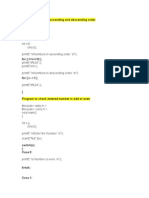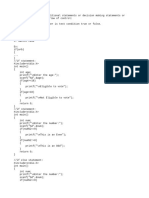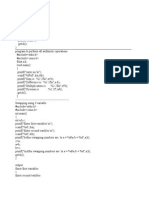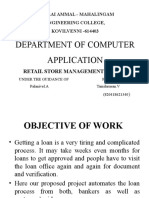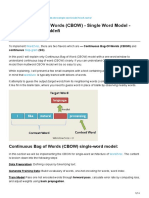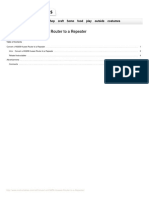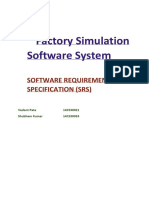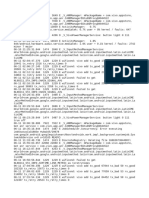0% found this document useful (0 votes)
43 views42 pagesC Programming Solutions
For C
Uploaded by
goatarya2023Copyright
© © All Rights Reserved
We take content rights seriously. If you suspect this is your content, claim it here.
Available Formats
Download as PDF, TXT or read online on Scribd
0% found this document useful (0 votes)
43 views42 pagesC Programming Solutions
For C
Uploaded by
goatarya2023Copyright
© © All Rights Reserved
We take content rights seriously. If you suspect this is your content, claim it here.
Available Formats
Download as PDF, TXT or read online on Scribd
/ 42











